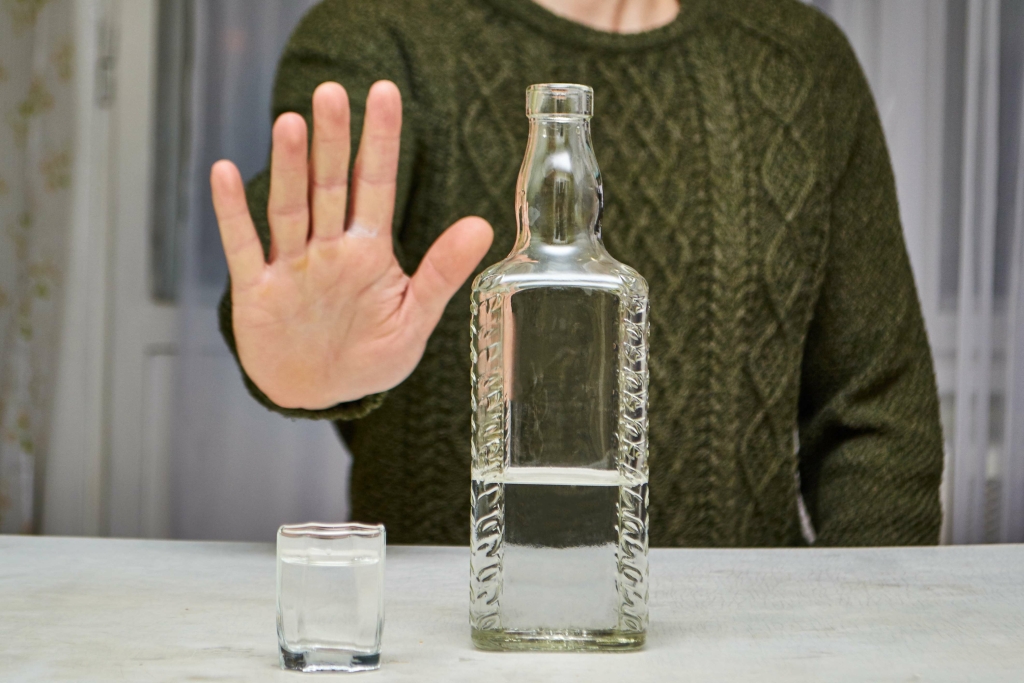Content
Agoraphobia, the fear of being trapped far from home, can arise out of someone’s anxiety of being in social situations. They can begin imagining the horrible things that can be happening if they are unable to get home, everything from https://ecosoberhouse.com/ people hating them, to something potentially happening at home. Schuckit MA, Hesselbrock VM, Tipp J, Nurnberger JI, Anthenelli RM, Crowe RR. The prevalence of major anxiety disorders in relatives of alcohol dependent men and women.
However, the long-term effects of alcohol can cause anxiety or make the symptoms of an anxiety disorder worse. Additionally, chronic alcohol use can lead to tolerance or dependence, as well as cause physical damage to the body . Sheryl Ankrom is a clinical professional counselor and nationally certified clinical mental health counselor specializing in anxiety disorders. It is common practice for someone to have a drink or two after a hard day to alleviate stress.
Reduce anxiety
On the other hand, pregabalin has extensive data demonstrating efficacy for GAD as well as SAD, so much so that national practice guidelines currently view pregabalin as a first-line agent for these two conditions . As for post-drinking anxiety in particular, there could be a few causes. First, alcohol mimics a calming brain chemical called GABA, which is one reason why drinking often makes us feel relaxed.
- However, actual Anxiety Disorders can be much more dangerous if left untreated and can often be a trigger for someone to self-medicate.
- We help remove barriers to treatment by providing the quality and accessibility to care you need.
- If you have anxiety, what happens when you drink alcohol every day is called self-medicating.
Even for those who do not drink every day or drink only on the weekends, binge drinking can also lead to chronic alcoholism. According to the National Institute on Alcohol Abuse and Alcoholism, binge drinking is defined as consuming enough alcohol to bring your blood alcohol concentration to 0.08 percent. That is typically five or more drinks within two hours for males or four or more in the same time frame for females. In addition to the risks to your immediate and long-term health and safety, when you binge drink even once a month, you can become addicted to alcohol. Those who live with an anxiety disorder have an added challenge in managing the stress of daily life. Anxiety causes fears, often irrational, to affect not only how you view life, but your ability to function on a daily basis.
Why do some people feel more anxious after drinking than others?
Anxiety-related emotions and fears are heightened with continued alcohol consumption. Alternatively, alcohol use disorder can trigger an anxiety disorder. Second, the possibility that a longer term anxiety or depressive disorder exists in an alcoholic must always be considered. Alcohol dependence has been shown to be genetically influenced and to run in families . The disorder often develops when individuals are in either their twenties or thirties. Similarly, major anxiety disorders usually are apparent before age 30, and although major depressive disorders often have a later onset, they too are frequently observed before age 30.
But once you start drinking, you can build a tolerance to the de-stressing effects of alcohol. This can make anxiety and stress even more difficult to alcohol and anxiety cope with. These are the words of Cynthia Kipp, who has social anxiety disorder. It makes sense why people reach for a drink as a stress reliever.
Can Alcohol Make My Anxiety Worse?
In the realm of science, it’s known as the “tension reduction hypothesis.” Basically, the theory suggests that alcohol can be used to self-medicate and defend the brain against anxiety symptoms. There is no definitive answer regarding whether or not it is safe to drink alcohol while suffering from anxiety, as the effects of alcohol depend on a person’s circumstances and medical history. If you are experiencing anxiety and would like to try drinking in moderation, talk to your doctor or therapist about what intake levels are safe for you. Alcohol consumption has impacted many parts of the brain, including areas responsible for cognitive function and emotional regulation. In particular, alcohol consumption has been linked to an increased risk of developing panic attacks.

Disagreement also exists about whether longer term independent treatment for depressive or anxiety diagnoses is required for the alcoholic person to achieve a normal level of life functioning. Thus, long-term psychiatric treatment does not appear to be required for alcohol-induced psychiatric conditions to be resolved (Brown and Schuckit 1988; Schuckit and Hesselbrock 1994). A recent report from the Collaborative Study on the Genetics of Alcoholism focused on 591 personally interviewed relatives of alcohol-dependent men and women (Schuckit et al. 1995). Neither male nor female relatives showed increased risks for obsessive-compulsive disorder, social phobia, panic disorder, and/or agoraphobia.
Alcohol’s Effects
Excessive drinking can lead to addiction and delay the desire to seek treatment and interfere with the effectiveness of therapy or medication once on a treatment plan. Cynthia’s tumultuous childhood – her father was abusive and suffered from schizophrenia – coupled with social anxiety led to difficult teenage years. She didn’t feel part of any group of friends, and she started drinking to alleviate her anxiety around her peers.


Leave a Comment